US-China confrontation detrimental to both nations, world: Senior Chinese official
The latest round of high-level talks between the representatives of the United States and China has ended with both sides describing the meeting as constructive and candid, with the Chinese side stressing that confrontation between Beijing and Washington would damage both countries and the world.
US National Security Adviser Jake Sullivan and Chinese Foreign Policy Adviser Yang Jiechi held a comprehensive and in-depth discussion at an airport hotel in the Swiss city of Zurich on Wednesday, aimed at addressing the two countries' long-standing grievances, as well as potential areas of cooperation.
During the closed-door meeting, the two sides exchanged views on international and regional issues of common interest, and agreed to strengthen strategic communication, properly manage differences, avoid conflict and confrontation, seek mutual benefit and win-win results, and work together to enhance US-China relations.
China's Foreign Ministry said in a statement that Yang had emphasized the importance of handling Sino-US ties well, saying it would be in the interest of the two countries and two peoples, as well as the future of the world.
"When China and the United States cooperate, the two countries and the world will benefit; when China and the United States are in confrontation, the two countries and the world will suffer seriously," he said.
The Chinese diplomat said that Washington needed to have a deep understanding of the mutually beneficial nature of US-China ties and correctly understand China's domestic and foreign policies and strategic intentions, adding that Beijing opposed defining the relations between the two sides as "competitive."
He further expressed hope that the US could adopt a rational and pragmatic China policy, and, together with Beijing, follow a path of mutual respect and peaceful coexistence, with respect for each other's core interests and major concerns.
Yang also urged the US side to truly respect China's sovereignty, security and development interests regarding issues related to Chinese Taipei and Hong Kong and stop using them to interfere in its internal affairs.
US President Joe Biden has already said he and his Chinese counterpart, Xi Jinping, have agreed to abide by an agreement on Taipei after talking about the self-ruled island.
Sullivan, on his part, said the two sides had agreed to maintain regular dialog and communication on important issues at a senior level.
"We do have out of today's conversation an agreement in principle to hold a virtual bilateral meeting before the end of the year," he said.
Sullivan further said the tone of the meeting had been very different from their summit in Alaska in March, which also involved US Secretary of State Antony Blinken and ended without reaching an agreement.
"Today's conversation, broadly speaking, was a more meaningful and substantive engagement than we've had to date below the leader level," the US official said, adding that Washington hoped it would be a "model for future encounters."
However, he said, it shouldn't be seen as a thaw in relations, adding, "What we are trying to achieve is a steady-state between the United States and China where we are able to compete intensely but to manage that competition responsibly."
The latest meeting came at a time of heightened tensions between the world's two largest economies over a range of issues, including trade, Chinese Taipei, Hong Kong, the South China Sea, as well as human rights and the origins of the coronavirus pandemic.

How Bernie Sanders condemns genocide in Gaza without actually condemning it

Iranian FM informs Saudi counterpart about indirect talks
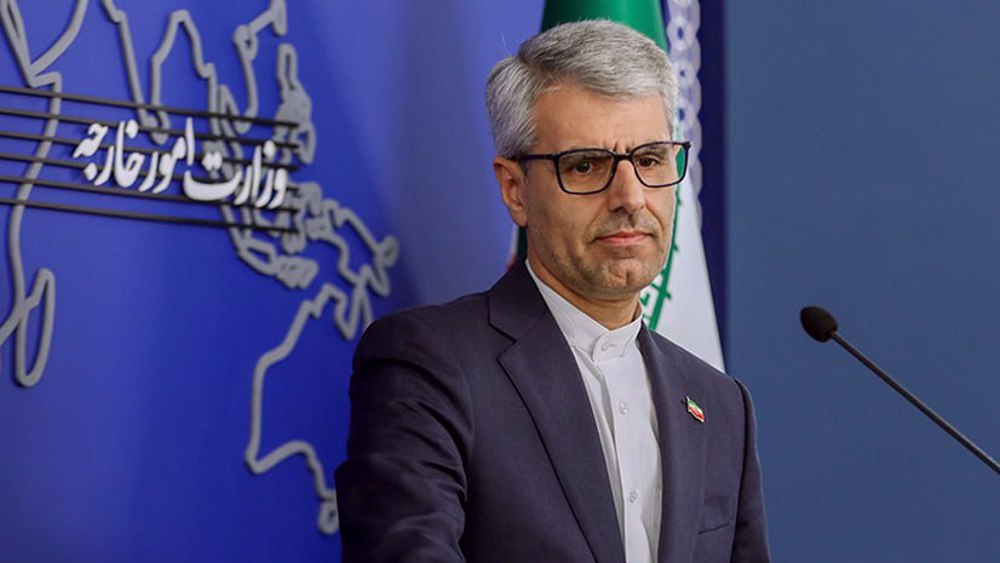
Iran: Second round of indirect talks with US will be held in Oman
Muslim prisoners ‘singled out’ for violent treatment in England: Charity
Columbia graduate detained without evidence of wrongdoing
Israel targets photojournalist’s home in ‘relentless’ Gaza bombing
US intensifies bombing Yemen amid ground invasion plans
Scores of Syria Alawites killed as HTS sectarian violence continues
US approves potential sale of Stinger missiles to Morocco
Iran summons Argentine envoy over accusations against top officials
VIDEO | Rally against another Columbia student arrest held in New York


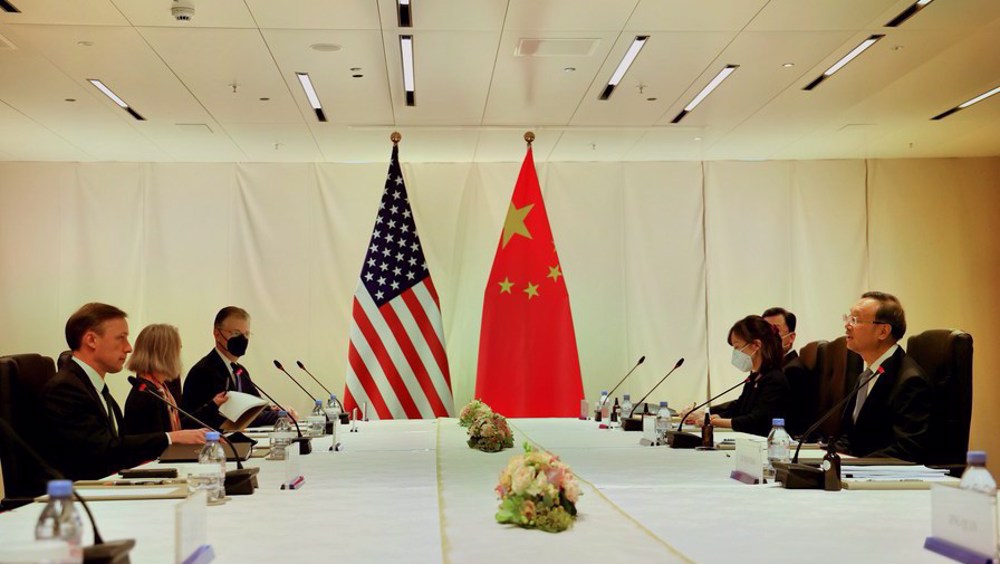
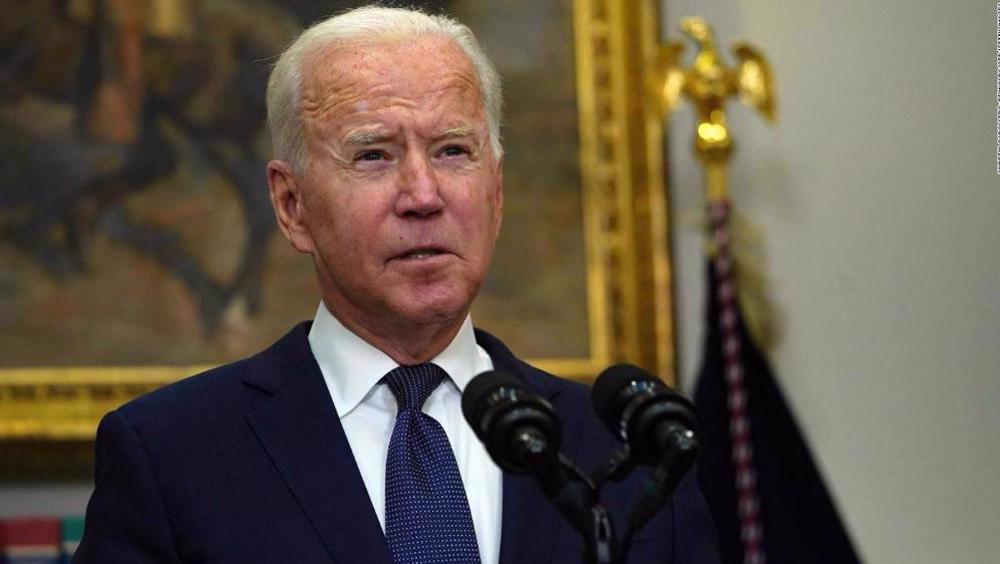
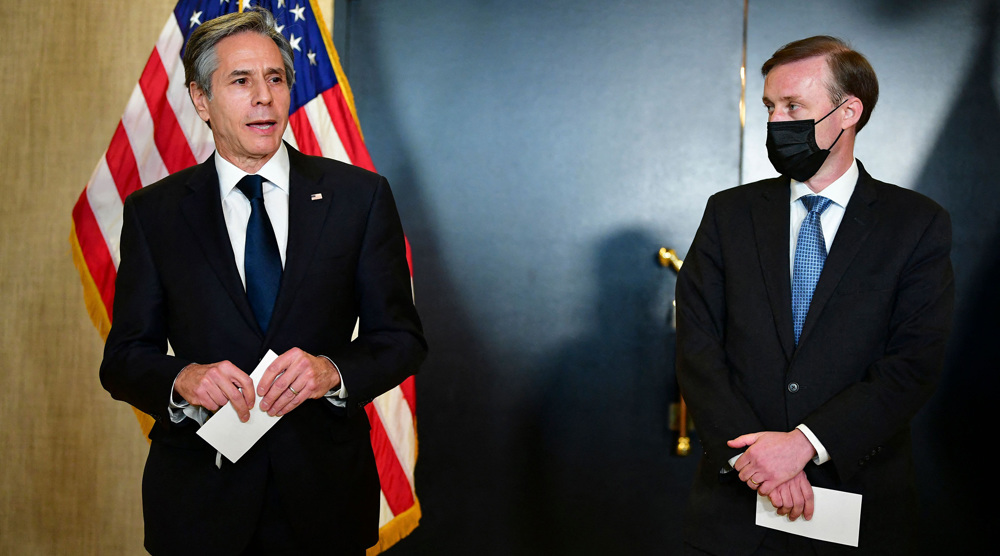



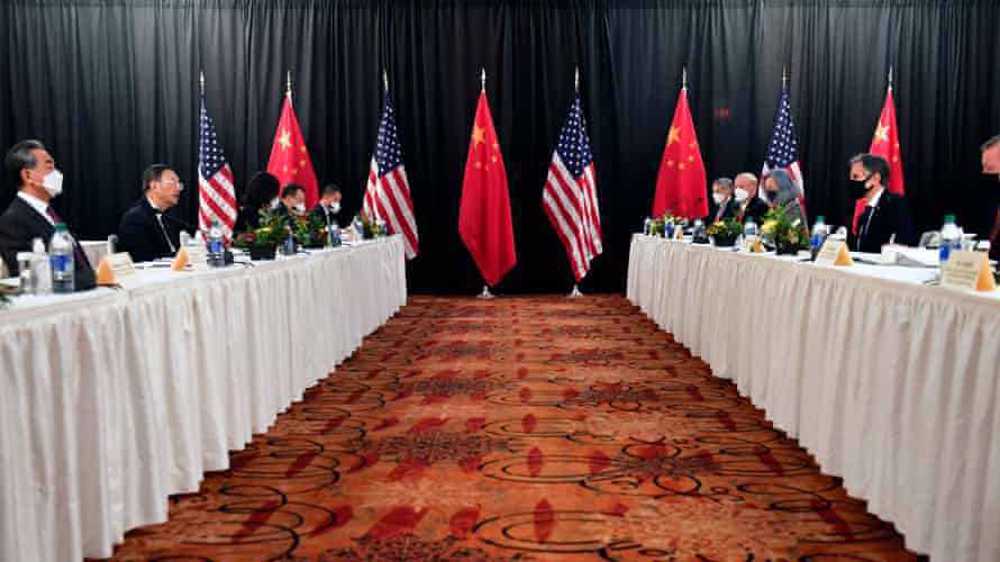

 This makes it easy to access the Press TV website
This makes it easy to access the Press TV website